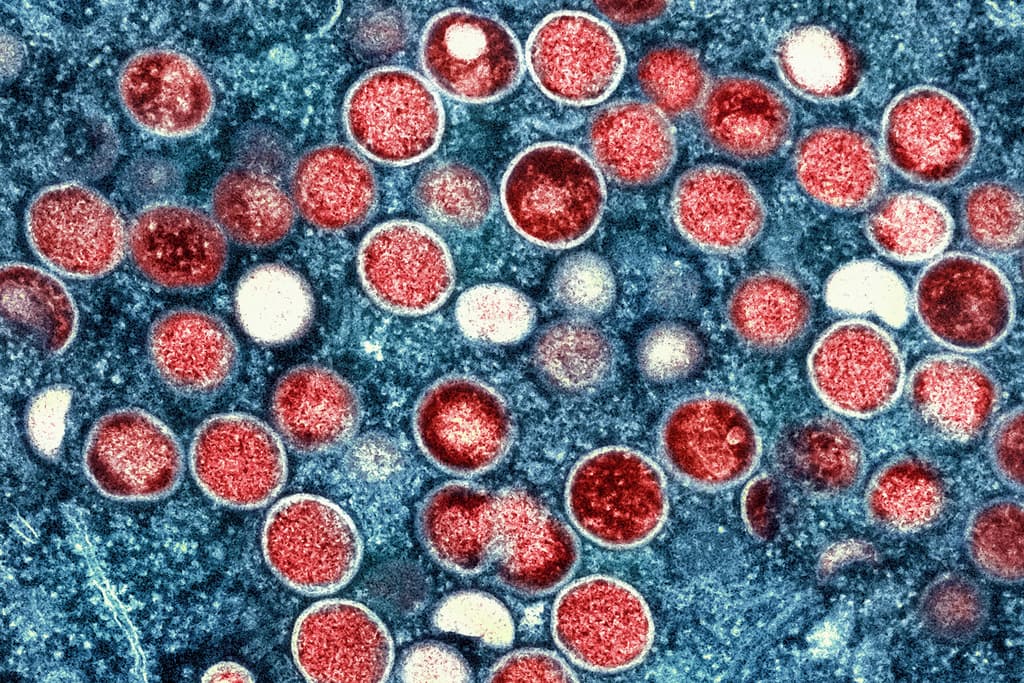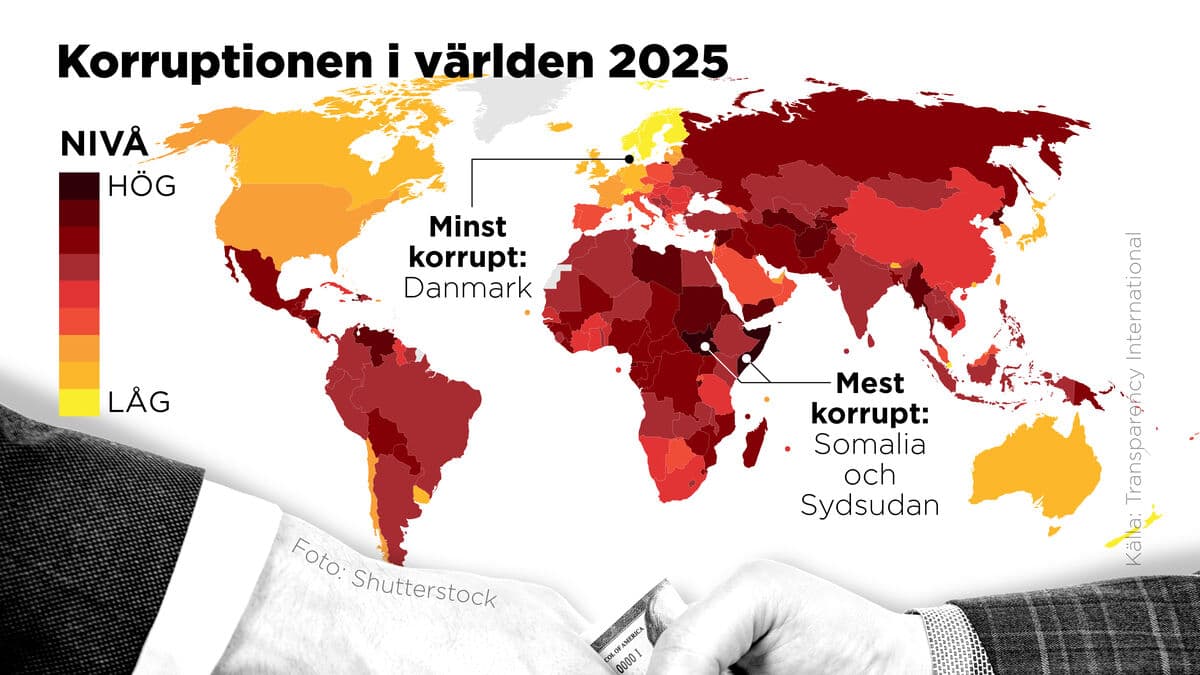The variant of mpox that is now spreading in Africa, called clade 1, is believed to be both more contagious and deadly than clade 2, whose spread took off in 2022 and which is also found in Sweden.
Following alarm reports of the disease spreading in several African countries, the WHO decided at an emergency meeting on Wednesday to classify the outbreak as an international health emergency.
The risk of further spread beyond Africa is very worrying, said WHO chief Tedros Adhanom after the meeting.
Declaring an international health emergency allows the WHO to take acute measures.
The outbreak of clade 1 was first detected in the Democratic Republic of the Congo but has spread to neighboring countries Rwanda, Burundi, Kenya, and Uganda.
May have caused miscarriages
According to the WHO, more than 14,000 cases of the disease and 524 deaths have been reported so far this year. However, the dark figure is believed to be large.
A worrying factor is that clade 1 can be spread through close contact, not just through sexual contact like the previous variant. The virus can be transmitted from mother to child and is suspected to have caused a large number of miscarriages and stillbirths.
Mpox often causes rashes, sores, and blisters on the torso, arms, legs, hands, and feet, as well as on the face. Symptoms have often been mild but can be severe in people in risk groups.
There is a vaccine against the disease. There are also medications that have some effect against the infection and can be used in severe cases.
One case in Sweden
The day after the WHO declared an international health emergency, the first case in Sweden was confirmed in Region Stockholm, announced the Public Health Agency. It is also the first case diagnosed outside the African continent.
The person affected, who is being treated in Sweden, had visited an area in Africa where there is a large outbreak of clade 1.
Was called monkeypox
The viral disease can be transmitted between animals and humans. It was discovered in monkeys, but it is likely that different rodents in central and western African rainforests have been reservoirs for the virus.
In the spring of 2022, an unusually large number of cases were detected in several countries. The transmission of the virus then occurred mainly through sexual contact between men who have sex with men.
All cases of infection must be reported to the infection control doctor in the region and to the Public Health Agency.
Mpox was previously called monkeypox. In 2022, the WHO decided to change the name of the disease to the abbreviation mpox to have a more neutral name to avoid stigmatizing those infected.






